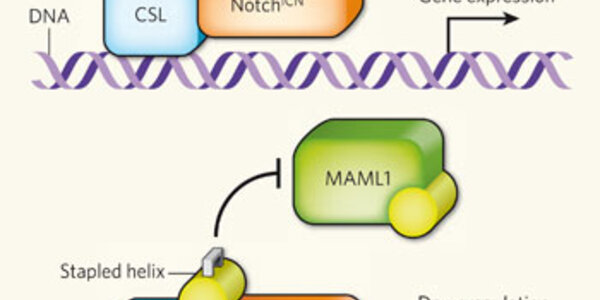'Self-Seeding' Plays Crucial Role In Cancer Progression
Cancer is commonly thought to progress by the growth of a primary tumor followed by metastasis, in which cancer cells leave the primary tumor and spread to distant organs. New research conducted by scientists at Memorial Sloan-Kettering Cancer Center shows, however, that circulating tumor cells can also return to and grow in their tumor of origin, a newly discovered process called 'self-seeding.'
The findings of the study, published in the December 25 issue of the journal Cell, suggest that self-seeding can enhance tumor growth through the release of signals that promote angiogenesis,…



